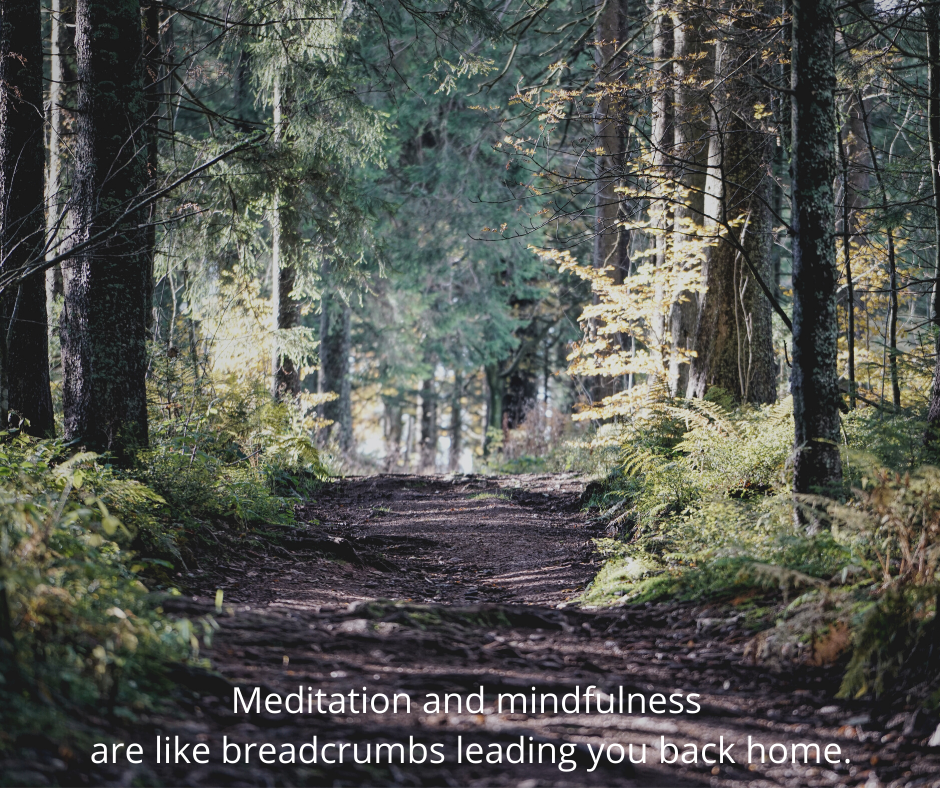I’ve heard plenty of comments rushing toward silver linings these days, and as a mindfulness and meditation practitioner, I’m prone to curiosity about my experience. “Thankfully, we are forced to slow down,” is a common refrain. “At least our carbon footprint is radically reduced,” is another common mantra. We are encouraged to “Have fun, clean out your closets, and try a puzzle” with the extra time we would have spent commuting. More hopefully, others have even noted that COVID-19 has raised awareness about the gross inequities faced by historically marginalized communities and has mobilized leaders to act with a new sense of urgency. I certainly hope this is true, but I’m curious if there’s a shadow side to this rush to silver line our struggle.
The problem with silver linings is not that we’re seeking them, but that we may be finding them too early. I hope whatever upside we are sensing in both our personal lives and on the global scale are real and enduring. Yet, in these early days of the pandemic, I confess that most of these silver words feel as heavy as lead. I can’t help but fear that these wishful words are only uttered in the desperate hope that they might be true.
The luxury to glean a silver lining amid this crisis is a privilege that many marginalized and struggling communities often do not have. The gift of perspective is robbed from folks when they are in the trenches fighting for their lives. This is understandable—basic survival trumps the silver lining every time. Still, most of us Americans are a pragmatic bunch—we want there to be some utility for all this discomfort, economic loss, and social distancing. We want to quickly draw up the life lessons garnered in the Great Pandemic of 2020 so we can feel okay about binge watching the next series.
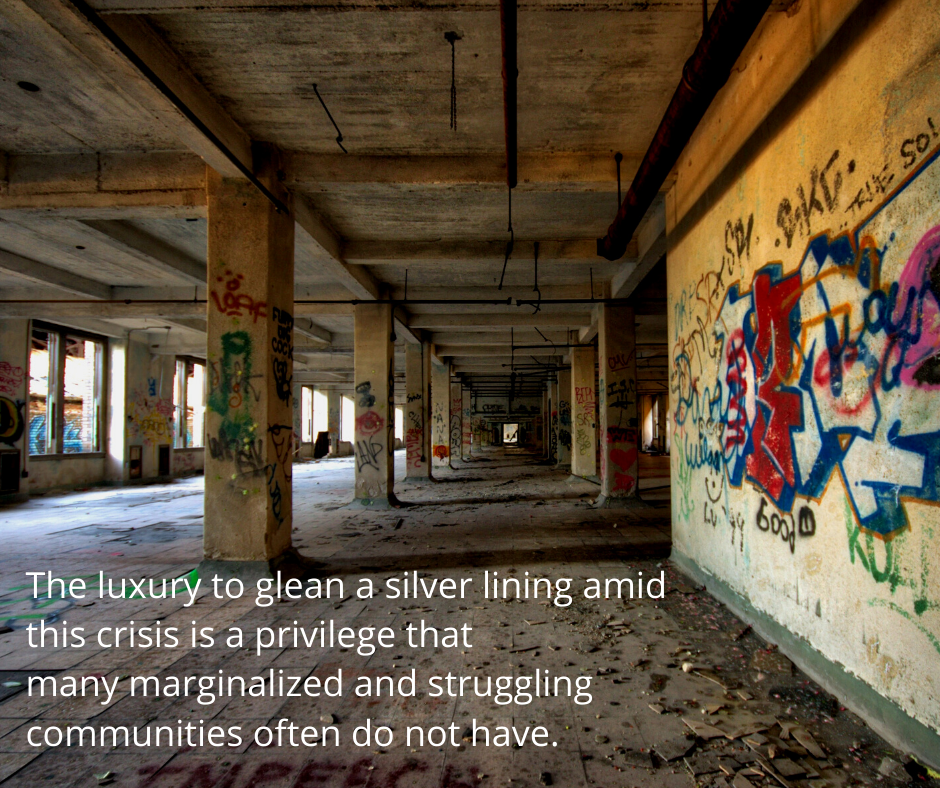
Lasting happy endings cannot be manufactured. Only when we give ourselves permission to sit with our own heartbreak, will we be able to embrace, with integrity and true depth, the important lessons our world needs to learn. We simply cannot rush the silver lining. Finding the lesson amid the hardship too soon can be a clever form of spiritual bypass, a convenient way to avoid the important inner work that this crisis requires. While the move to avoid sadness is understandable, it only deepens the struggle. A common teaching in the world of meditation comes in the form of a simple math equation. Suffering = Pain X Resistance. Running away from the pain simply multiplies the pain. “What we resist, persists,” the saying goes.
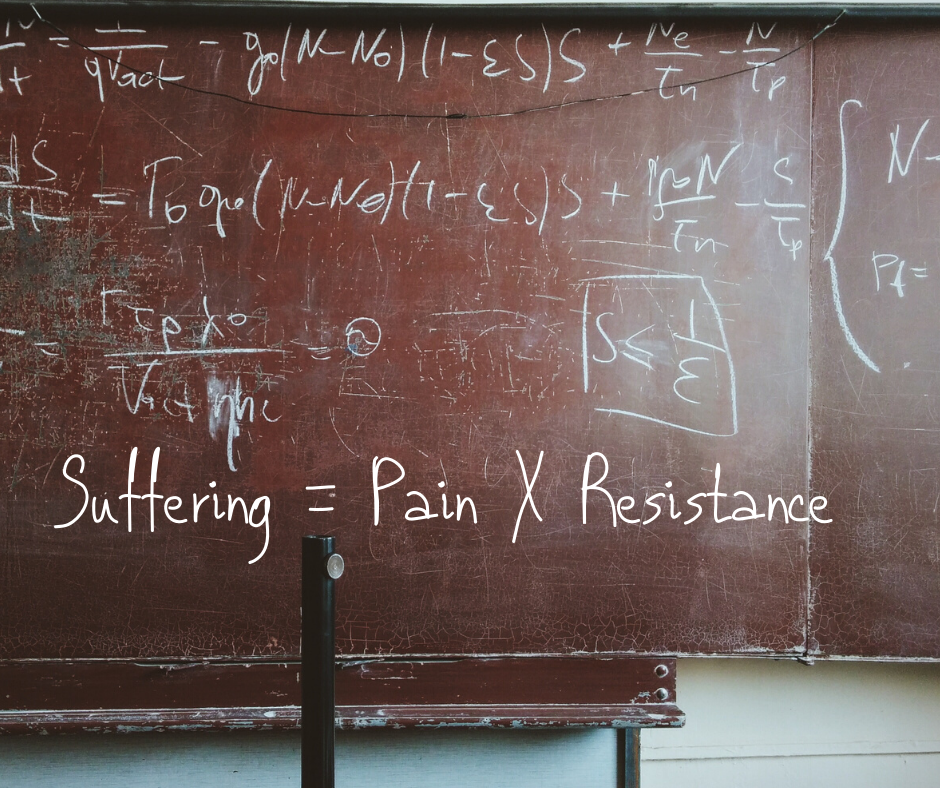
Only in grieving fully for what’s been lost can we welcome fully what’s been gained. Grieving is empowering, and feeling is the gateway to healing. By feeling the full weight of sadness, anger, resentment, and heartache, we will be able to fully unlock the deep lessons and transformative wisdom that this moment holds for us.
It’s not that positivity is bad or finding lessons in hardship is inappropriate; it’s just not the entire story. When we too quickly jump over pain to positivity, we risk living by platitudes rather than by our actual experience. Can we give ourselves permission to admit that we might not yet be ready to learn a lesson from this hardship? Sometimes we just need to be sad and grieve what we’ve lost in order to create the receptivity to embrace the wisdom that this challenge has come to teach us.
Grieving makes space for wisdom. The more permission you grant yourself to grieve, the more deeply you can welcome the silver lining. Otherwise, without sufficient grieving, the upside lesson is cheap—a shallow intellectual platitude that we parrot back to ourselves as a form of self-encouragement. This is cold comfort. The wisdom that our world needs is deep, radical, and not easily reduced to social media posts.
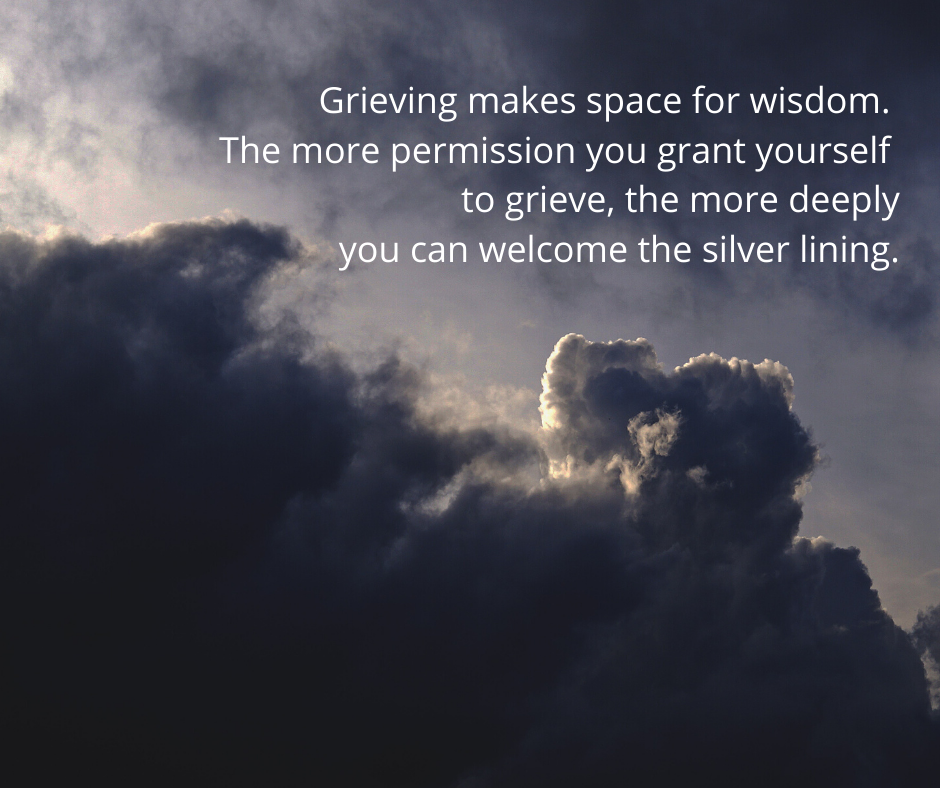
So, let’s join together and honor the ancient human need to feel the weight of loss and grieve the job, the birthday celebration, the vacation, the raise, the freedom, the embrace, the wedding, or the graduation that has been lost. In doing so, we may discover that grief itself is a kind of superpower building within us at least three essential capacities necessary to journey through the Pandemic of 2020:
1. The capacity to stay with your experience without running away
My meditation practice has taught me that while the “good vibes only” mantra is tempting, it can also become a trap–a kind of self-rejecting pop-psychology that can leave us in conflict with ourselves. We cannot hate or resist our emotions and expect to feel at peace. As a meditation practitioner, I’ve come to understand that a full and healthy life is filled with the entire spectrum of emotion.
To be fully alive is to not only experience what the mind categorizes as “positive,” but to live grounded and present for both pleasant and unpleasant emotions. Alienating any part of our experience will feel confining and imprisoning to the heart, which is always much larger than any duality the mind invents. Pretending to be happy is one of the greatest obstacles to being happy. Mindfulness and meditation offer a universal permission slip to feel.

So, when you feel happy, feel happy. When you feel sad, feel sad. When you are angry, feel angry. The courage to be honest will lead to the wholeheartedness that we all seek. Meditation practice increases the window of tolerance for grief and all challenging emotions.
Of course, none of us relishes unpleasant feelings. Whether it arrives as a pounding in the chest, a pit in the stomach, or the dull ache of dread, fear is an emotion many of us spend a lot of energy avoiding. Yet, running from fear only amplifies fear’s intensity. Grieving offers us a powerful way to make space for fear in our lives so we can stop running. In fact, this is why most of us began practicing meditation—because we were tired of running away from our experience. When we stop running away, we discover that there is a deep reservoir of strength within us. When we can learn to lean into fear, we can harness its energy for growth, learning, and compassion.
2. The capacity to support others in compassion
Meditation has taught me that my life isn’t my own; it’s given to all of us to share. Your capacity to make space for your own challenging emotions grows your capacity to make space for others’ uncomfortable emotions. Compassion is being with the unique suffering of others along with the willingness to alleviate it. So, your courageous decision to allow yourself to grieve, over time, becomes an act of love and compassion for others.

This is the paradox in grieving–we not only grieve for ourselves, we grieve for a world in pain. We offer our grieving in loving service to all beings. We stand with all people who are suffering in any way and with the courageous voices that have been suppressed over time.
Our bold and compassionate action is needed today. Our courage is needed to look clearly at our own suffering and the suffering of others and speak honestly, live humbly, and continue serving others, even in isolation. This path is not always comfortable, and we will need to learn to speak even when our voice shakes in fear. This way of life will certainly require sacrifice, but it will also bring love, connection, and joy beyond measure. Remember, we are in this together. We practice meditation to remember this tender web of interconnection.
3. The capacity to hold opposites
Life is not binary, and we do not need to choose between grieving OR silver linings. We can grieve and we can find the silver lining. Living the paradox of AND is at the heart of wisdom. We can often get trapped in EITHER/OR thinking, yet the mystery of life cannot be so easily categorized into dualities. Meditation expands your capacity to contain many emotions simultaneously so that the following statements are possible.
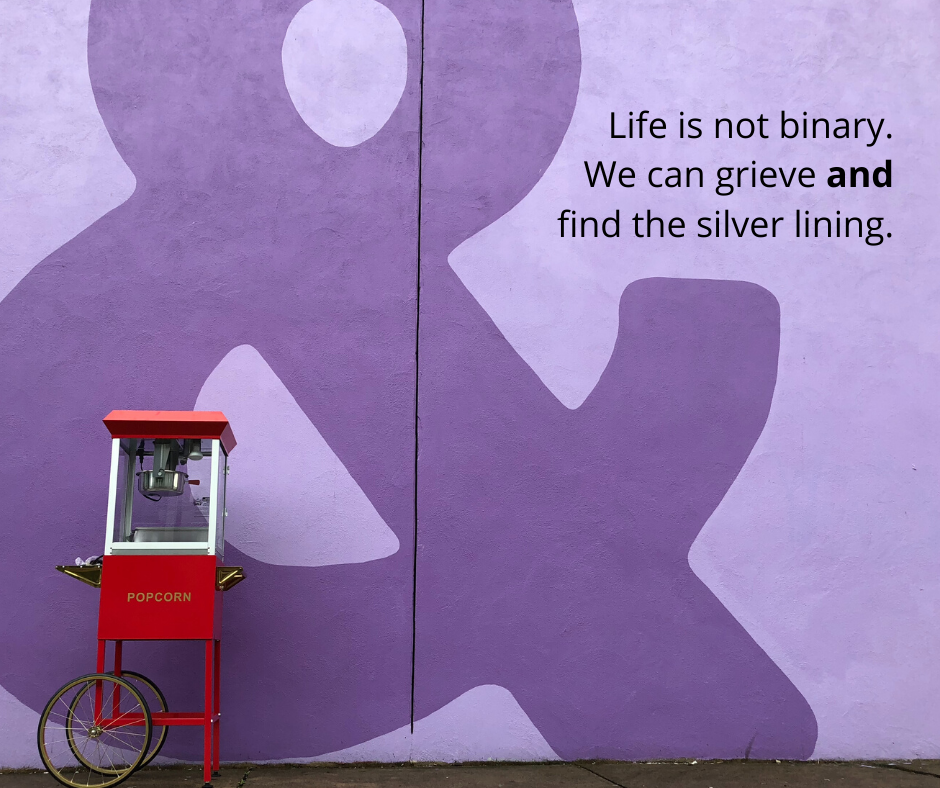
I can feel joy and disappointment.
I can enjoy the silver linings of COVID-19 and still feel grave concern.
I can enjoy extra time with loved ones and feel like I need space from them.
I can feel peaceful and like the world as I know it is coming to an end.
I can practice self-care in meditation and dedicate myself to serving others.
If you look closely at your experience, can you see that there is more there than one single side of a duality? To be alive is to experience many things all at once. When we categorize life into one side of duality, we will make enemies of others, because we have made an enemy of part of our own experience. Life then becomes the relentless craving of one kind of experience while we frantically run from its opposite. We will be at war with life, caught up in an endless cycle of craving and aversion. We will suffer until we recognize this pattern.
All we need to begin healing is mindful awareness. By growing our awareness, we come to realize that all of our experience belongs. We are larger than EITHER/OR dualism. AND is a sacred word. Can you live the AND by embracing the fullness of your experience? In the end, the word AND will bring the true healing and liberation that we all crave.
Meditation is not magic, but it is a gateway to your fullest life. Whether you’re grieving or joyful, meditation and mindfulness are like breadcrumbs leading you back home. During a time when we’ve been ordered to stay home, I can’t think of a more nourishing practice.
